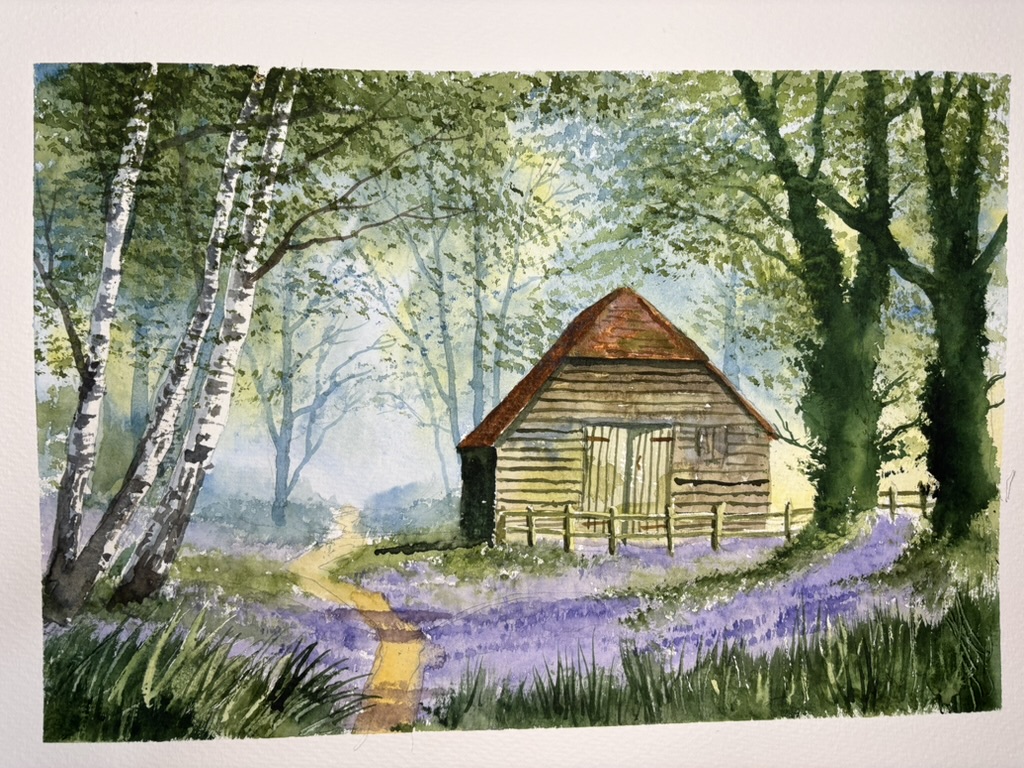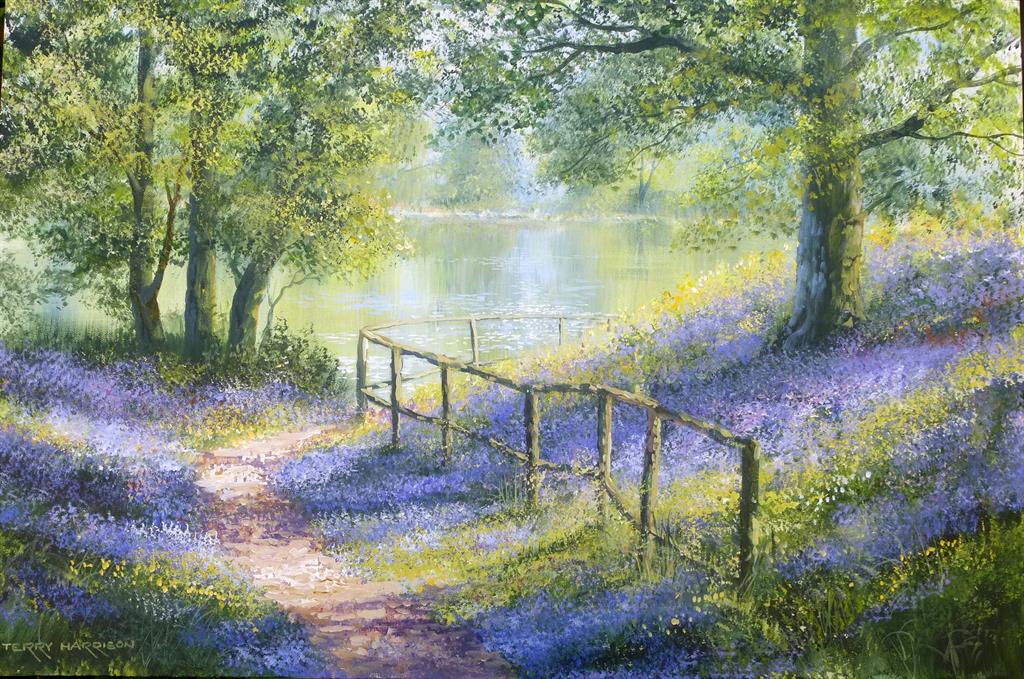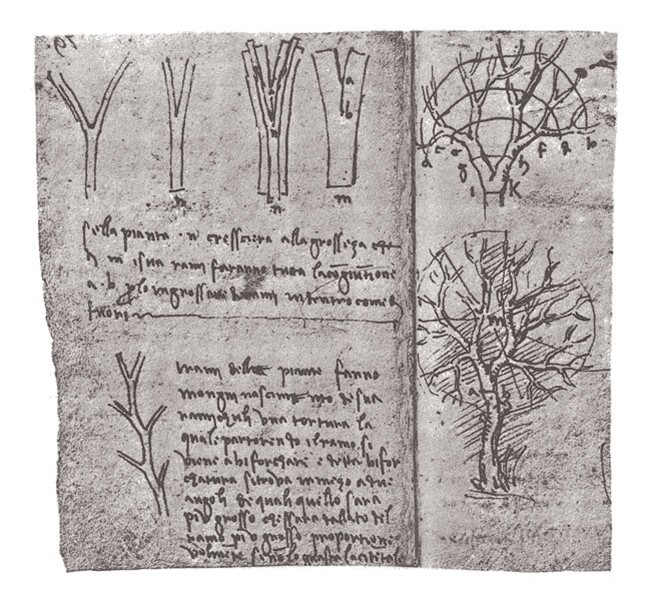Posted: Friday, 28 February 2025 @ 07:46
Hi from me, Martin at Terry Harrison Art, I hope this newsletter finds you well.
I have had some feedback from previous newsletters that sometime the images included within are not being shown - This is likely down to your browser settings being employed not allowing images to be downloaded, visiting these settings should resolve the issue.
In this third and final section on composition I will cover off in detail a couple more rules which apply I many areas of creativity and then list a few more which may be of interest.
Rule of odds
Have you ever noticed that odd numbers of items are more pleasing than even?
It has been well documented than an odd number (usually 3) of foreground items gives an image more dynamism.
The explanation is that the odd number of items means the eye is less likely to settle too easily on a pair so is more engaged with the whole image.
This one can be more subtle and by no means is a hard and fast rule, but the more you look the more you will find odds being used. This is especially evident in advertising and food photography.
Look at any fancy plate of food and you will find odds are present in the vast majority of them!
This is a rule that’s not so obviously employed in Terrys works but can mostly be found in his trees - often you will find clumps of trees in threes and fives such as here where you can see a trio of trees to the right:

Demonstration piece
Or here on the left leading you towards the Barn:

Demonstration piece
And this one where the leading lines draw the eye to the trio of trees:

Bluebell woods - one of Terrys Originals
Keep an eye out when you are next out and about - you will find this being used a lot more commonly than you may imagine.
Da Vinci's rule of trees
As the name suggests this goes all the way back the 16th century and the genius drawings of Leonardo Da Vinci. A prolific sketcher, he observed when sketching trees that at any point as you move up the tree, the sum of the branch widths will equal that of the tree at the base.

Sketch from one of Davincis notebooks regarding his observation around trees.
As the trunk rises, splits into two and continues upwards, the thickness of the two trucks will equal that of the tree at its base.
The further up we go and the more the numerous the branches, the thinner they become, but the sum of ALL their widths will equal that of the base.
As a visual rule it’s brilliant in helping you to draw and paint visually pleasing and balanced trees and may be one that you can try out next time your compositions include trees!
Over the intervening 500 years this “rule” has been proven to be factually incorrect for many different types of trees in the real world, however visually the rule still holds merit as it does result in trees that look more “real” than otherwise and is more pleasing to view.
Other rules
There are so any other rules or guides that I could go on for another good few newsletters but is suspect that would become tedious after a while, so here is a list of some of them and I may expand as an aside in some future newsletters.
- Golden Ratio
- Use of Negative Space
- Balancing Elements
- Enhancing Depth
- Diagonals
- Repeating Shapes - Patterns and Textures
Other News
With the emergence of Spring (Snowdrops are here in the North East of the UK so Spring is officially here!) we must prepare for a wealth of bright light greens as new shoots begin to grow and fresh foliage opens up.
Our Green and Darks set of colours is Terrys most popular collections and perfect for the coming months.
You can use code SPRING2025 to get 10% off the Green and Darks set from now until the end of March!
Thanks for reading - please do email or contact us though our socials - Instagram or Facebook if you want me to cover anything else in upcoming newsletters
Martin